Planning Pays Off: 5 Strategies to Get the Most Out of Your Delivery Speed Choice
April 17, 2025
5 min read
Top Tech Trends in the Bulk Shipping Industry
With the advent of new technology, digital transformation frequently establishes the tone for the emerging shipping sector and changes how bulk shipping is approached globally. Bulk carrier shipping companies adopt Advanced Automation Systems, Blockchain Solutions, and other smart technologies as they realize they could lead to higher performance, lower operating costs, and better environmental results. With the increase in globalization, these technological improvements are essential for sustainability in the bulk transportation market.
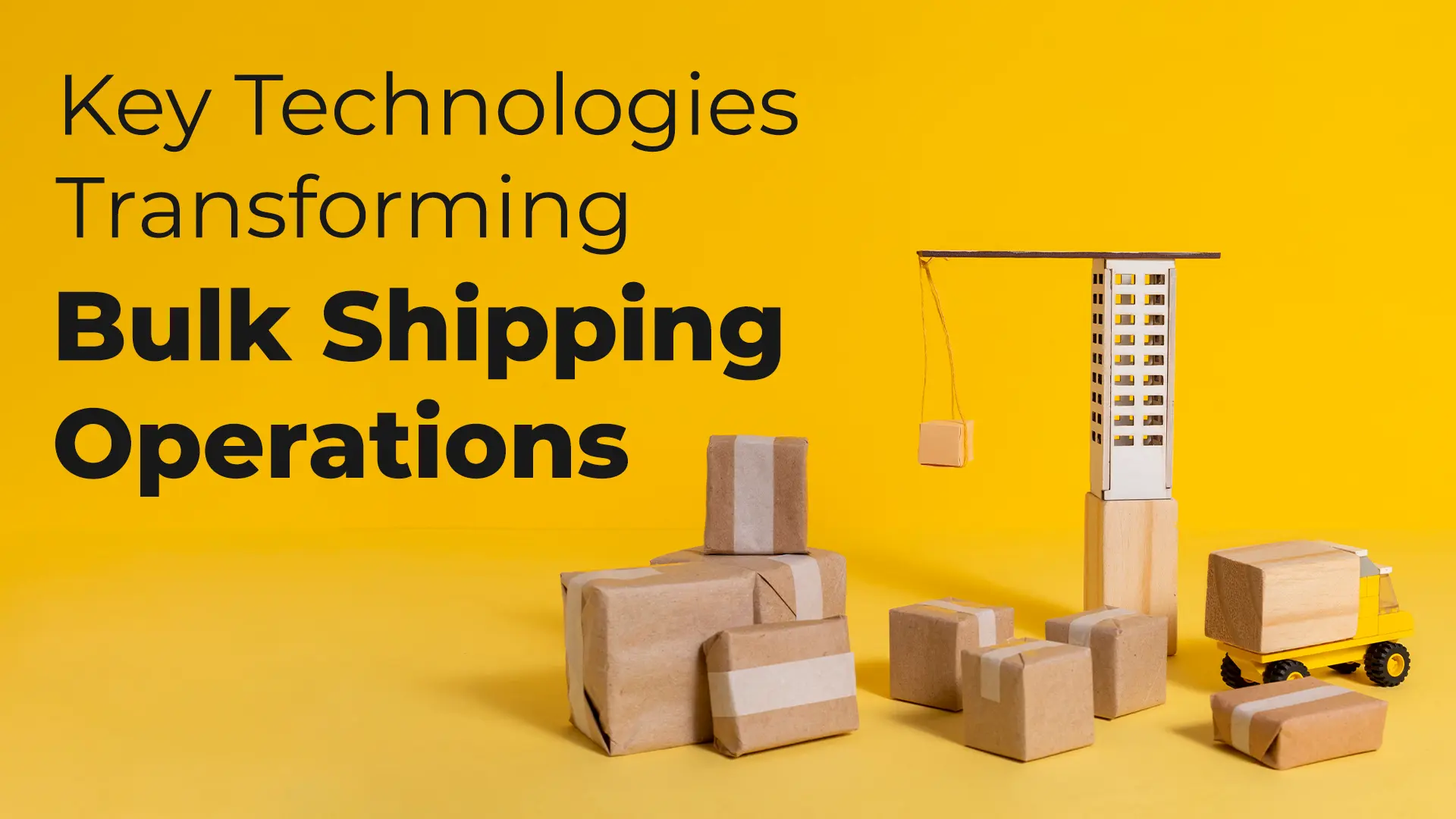
The Rise of Digital Solutions
Technological innovations are transforming traditional bulk shipping practices as the shipping industry adapts to an increasingly digital world. These breakthrough solutions are revolutionizing everything from vessel operations to cargo management.
Internet of Things (IoT)
Integrating IoT devices is revolutionizing how bulk transport operations monitor and manage cargo. Smart sensors provide real-time data on cargo conditions, vessel performance, and equipment status, enabling proactive maintenance and reducing operational downtime. These innovations have immensely benefited bulk carrier operating companies, which now have ways of tracking cargo integrity throughout the journey.
Artificial Intelligence (AI) and Machine Learning
Machine learning and AI technologies are revolutionizing route mapping and the overall functionality of bulk carriers. These technologies analyze vast amounts of data to optimize fuel consumption, predict weather patterns, and enhance vessel performance. Digital platforms focusing on fleet management and performance optimization have demonstrated significant cost savings for bulk carrier shipping companies.
Blockchain Technology
In the B2B logistics sector, blockchain technology is revolutionizing documentation and transparency. The technology streamlines traditional paperwork processes, reducing administrative costs and enhancing supply chain visibility. For bulk shipping operations, blockchain solutions have simplified cargo tracking, documentation, and transaction verification, making the process more efficient and secure.
Digitalization and Automation
Automated systems are now handling everything from cargo loading to vessel navigation, improving operational efficiency while reducing human error. These advancements are crucial for bulk carrier operations managing large-volume cargo movements across global trade routes.
Sustainability and Environmental Technologies
Sustainability factors have been a major catalyst for change in the technological aspect of B2B logistics. The uptake of other fuels such as LNG, ammonia, and methanol is gradually progressing for large carrier vessels while wind propulsion systems indicate the potential to increase efficiency and decrease emissions.
Conclusion
The transformations of business operations through information technology are the defining factor in steering the logistics business. As innovations continue, they are not only improving the efficiency and effectiveness of operations but also transforming the face of global trade, making it more sustainable, credible, and cheap.
Looking for a simpler way of shipping? Partner with Shipyaari to leverage cutting-edge logistics technology and stay ahead in bulk transport. Start today!
Frequently Asked Questions
The key technologies include IoT devices, AI and machine learning, blockchain, automation systems, and sustainable propulsion technologies.
IoT devices monitor cargo conditions, vessel performance, and equipment status, enabling proactive maintenance and improved operational efficiency.
Blockchain technology streamlines documentation processes, enhances supply chain transparency, and improves cargo tracking and verification procedures.
Companies are adopting alternative fuels (LNG, ammonia, methanol), implementing wind-assisted propulsion systems, and using digital solutions to optimize fuel consumption and reduce emissions.
Suggested Reads
Hyperlocal Personalization: Tailoring Experiences for Local Customers
Introduction The eCommerce industry in India has witnessed a rapid growth of hyperlocal services in
Continue ReadingDec






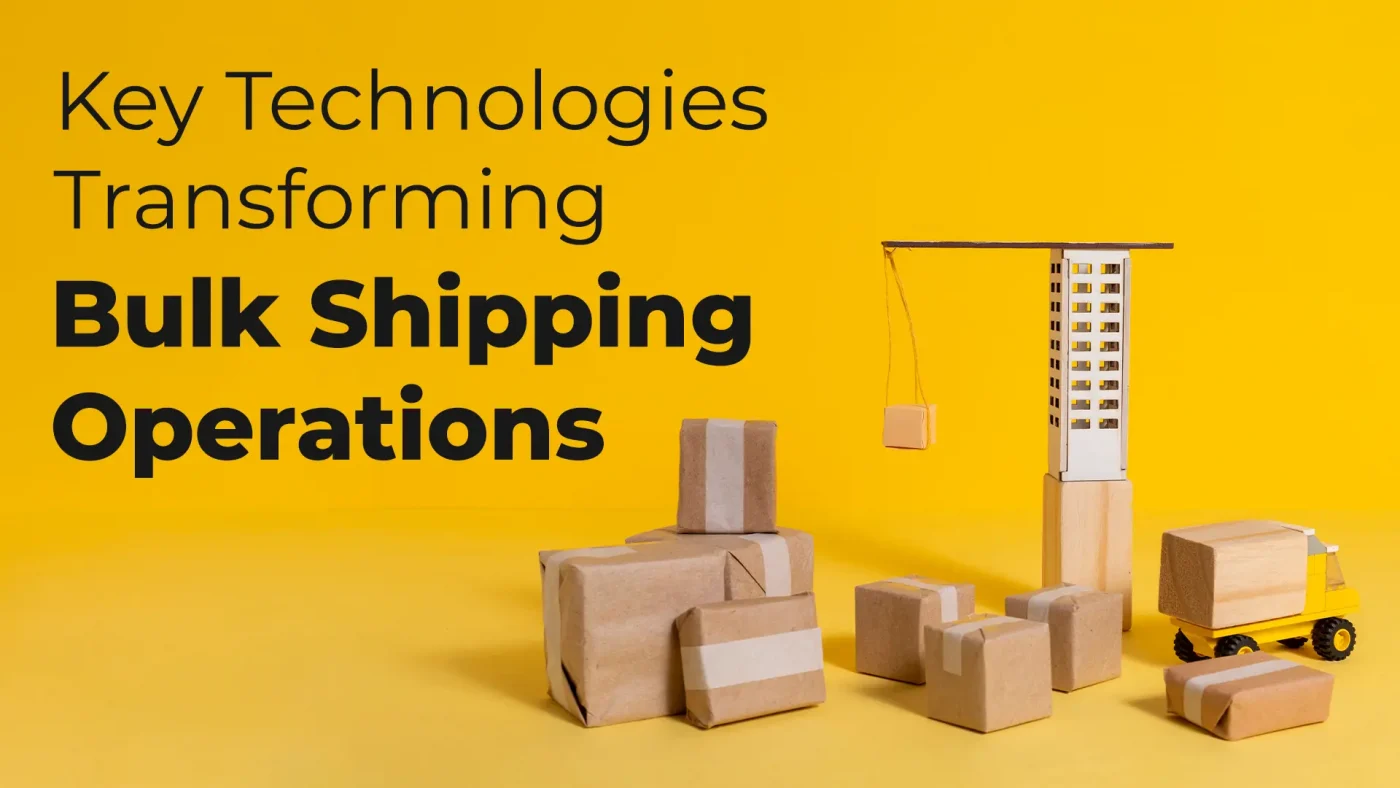



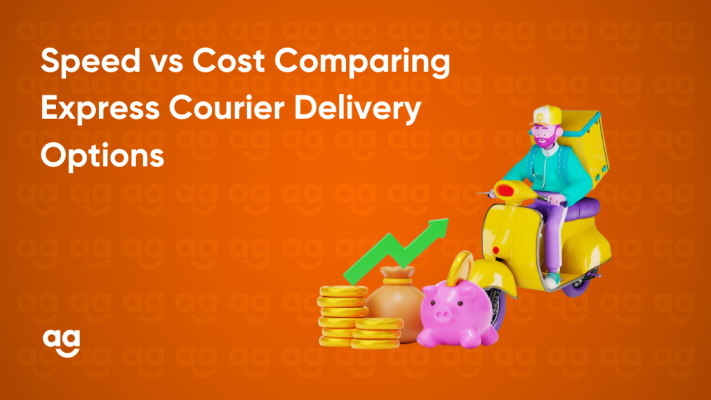





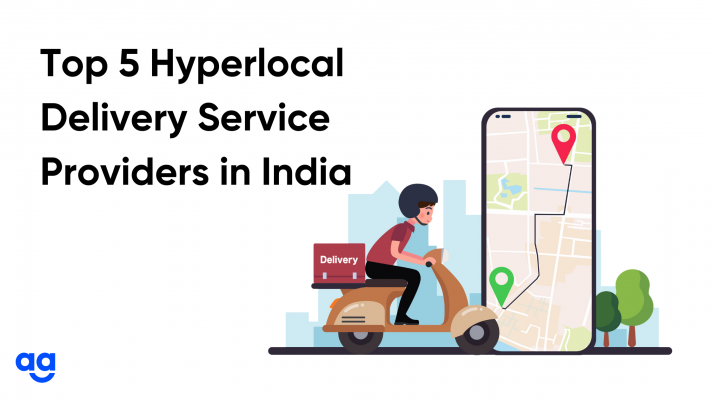

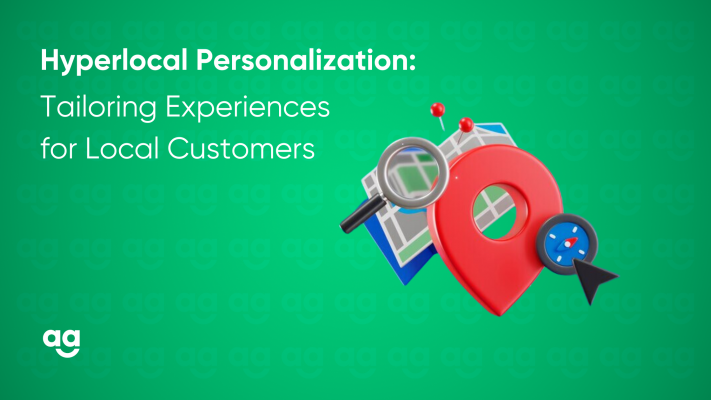
 Shipping
Shipping







